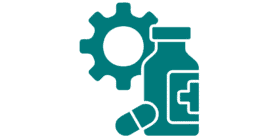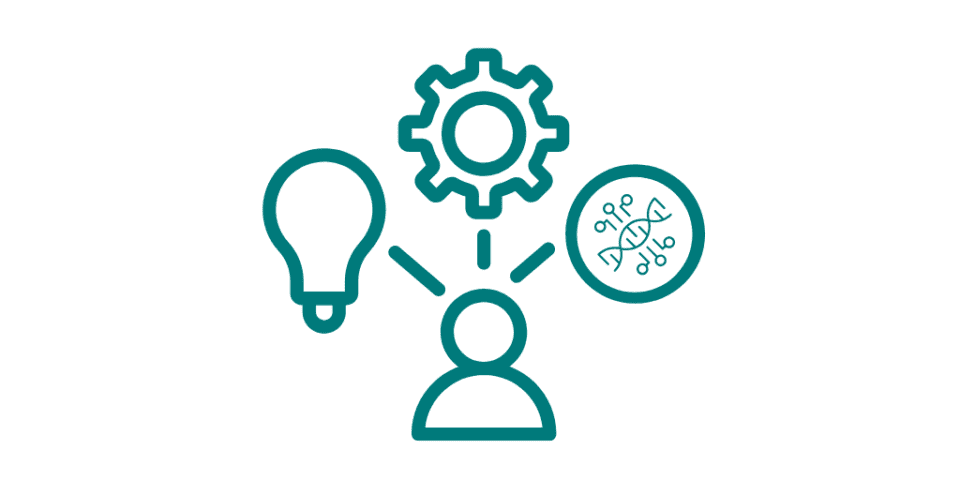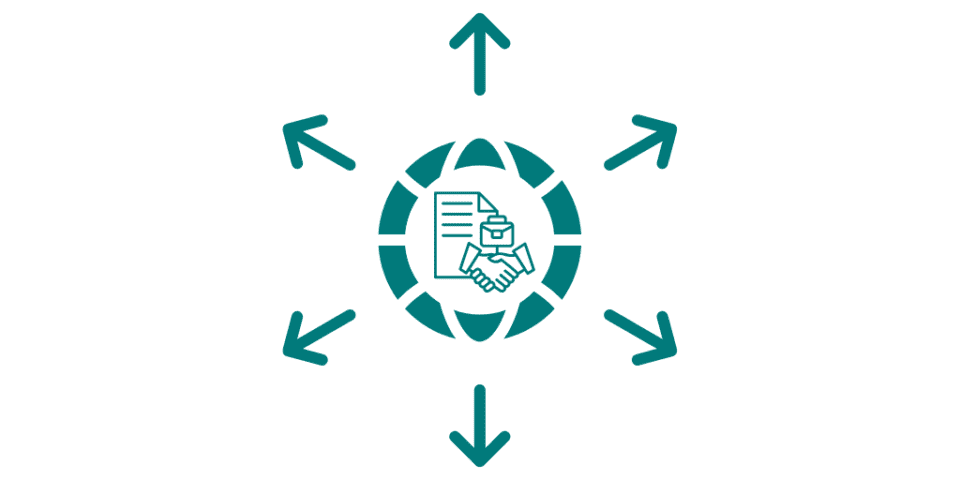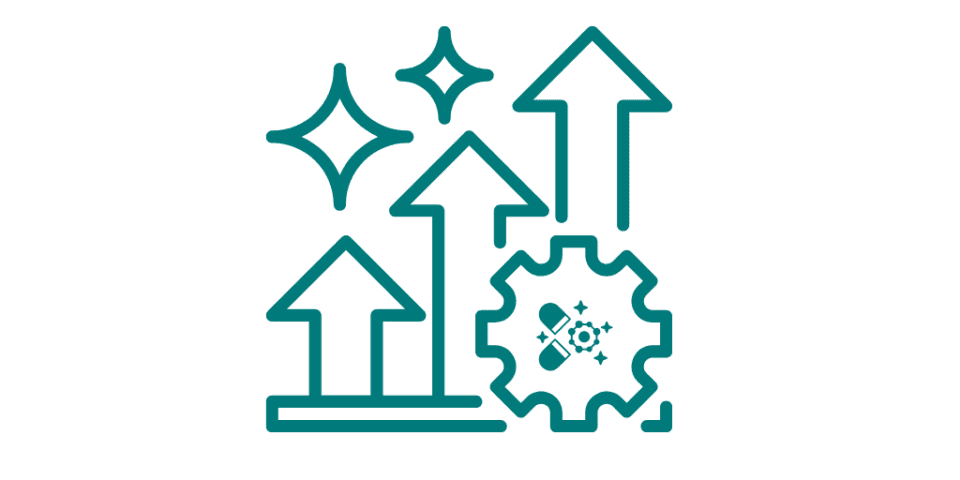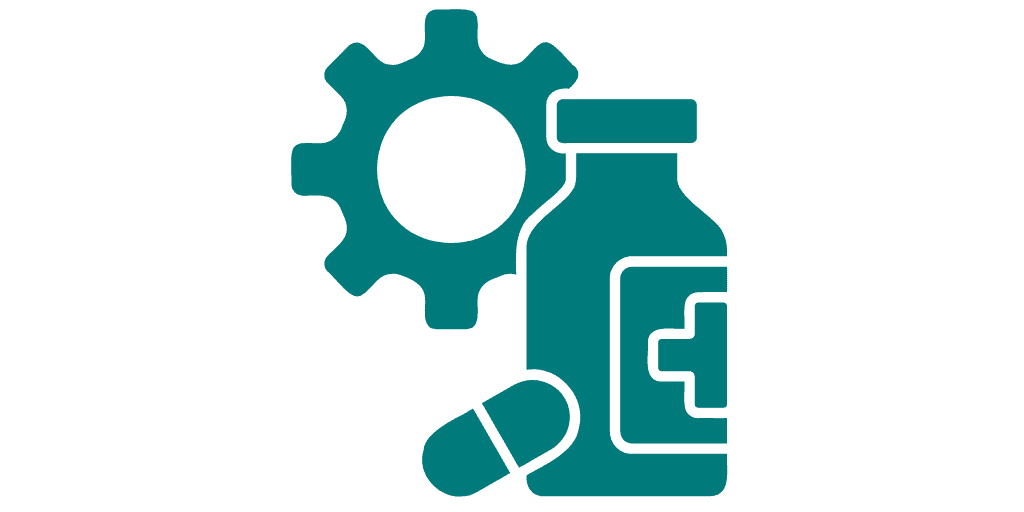
Navigating the complexities of drug development demands more than internal resources. From overcoming technical hurdles and avoiding costly or inappropriate development paths to meeting regulatory standards, every stage—discovery to market—presents unique challenges. At key moments, companies must recognize when external expertise isn't just helpful but crucial. Partnering with the right Contract Development and Manufacturing Organizations (CDMOs) can make the difference between success and setbacks. Here are critical junctures when engaging CDMO services could be transformative.
1. When Facing the Complexity and Cost of Development
Drug development is inherently complex and expensive. From the initial discovery phase to post-market safety monitoring, the entire process can span over a decade and cost billions of dollars. Each phase—discovery, preclinical research, clinical trials, regulatory review, and post-market monitoring—requires specialized knowledge and infrastructure.
For companies, particularly those with limited internal capabilities, managing these complexities can be daunting. This is where CDMOs come into play. They offer advanced technical capabilities, state-of-the-art facilities, and manufacturing expertise, which can significantly streamline the development process. By leveraging the resources and know-how of a CDMO, companies can mitigate risks, manage costs more effectively, and enhance the efficiency of their drug development programs.
The offerings of CDMOs can be extremely useful, but there may also be times when companies need the help of those with greater industry expertise. CDMOs may not always have the best solution at hand and instead recommend solutions that are simply available to them. In these instances, when CDMOs are not the right choice for you, we, DS Inpharmatics, can offer our substantial knowledge surrounding drug development to help you move your drug product forward.
2. When Resource Limitations Hinder Progress
Not all companies have the in-house resources necessary to navigate the entire drug development process. Small to mid-sized biotech firms, for instance, often excel in early-stage research but may lack the infrastructure, manpower, or regulatory know-how required to advance a drug candidate through clinical trials and into the market. For these companies, partnering with a CDMO allows them to focus on their core competencies, such as innovation and discovery, while the CDMO handles the more resource-intensive aspects of development. This collaboration not only ensures that the development process adheres to regulatory standards but also accelerates the timeline to market, which is critical in a competitive industry.
3. When Regulatory Compliance Becomes a Challenge
The regulatory environment in the pharmaceutical industry is notoriously complex and ever-changing. Navigating this landscape requires a deep understanding of global regulatory requirements, which can vary significantly from one market to another. Companies that lack regulatory expertise may find themselves facing significant delays or even project failures due to non-compliance. CDMOs often have extensive experience in regulatory affairs, with dedicated teams that specialize in securing the necessary approvals from agencies like the FDA, EMA, or other regulatory bodies. By partnering with a CDMO, companies can ensure that their drug development programs meet all regulatory requirements, thereby reducing the risk of delays and increasing the likelihood of a successful product launch.
4. When Planning for A Market Access and Launch Strategy
Successfully bringing a drug to market involves more than just developing a safe and effective product—it also requires a well-thought-out market access and launch strategy. This strategy should be developed early in the drug development process and take into account various factors, such as the target patient population, unmet medical needs, competitive landscape, and pricing strategies. Engaging drug product development services can provide companies with valuable market insights and strategic guidance, helping them to design development programs that not only meet regulatory requirements but also align with market expectations. This early integration of market access considerations can be crucial in achieving a successful product launch.
5. When Exploring Drug Repurposing Opportunities
Drug repurposing—finding new therapeutic uses for existing drugs—has become an increasingly attractive strategy in recent years. This approach allows companies to leverage existing nonclinical data and clinical safety profiles, potentially reducing development time and costs. However, repurposing a drug for a new indication still requires careful consideration and often innovative clinical trial designs. Drug product development services can assist in this process by providing the expertise needed to design and execute the necessary studies, navigate the regulatory pathways, and ultimately bring the repurposed drug to market.
Closing Thoughts
At DSI, we understand that the path from discovery to market is fraught with challenges. Whether you’re grappling with the complexities of development, facing resource constraints, or navigating the intricate regulatory landscape, our team is here to support you every step of the way. Partnering with DSI means you’re not just accessing top-tier drug product development services—you’re gaining a dedicated partner committed to your success. We can offer the expertise, infrastructure, and strategic insight needed to overcome these hurdles, allowing you to focus on what you do best: innovating and bringing life-changing therapies to market.

